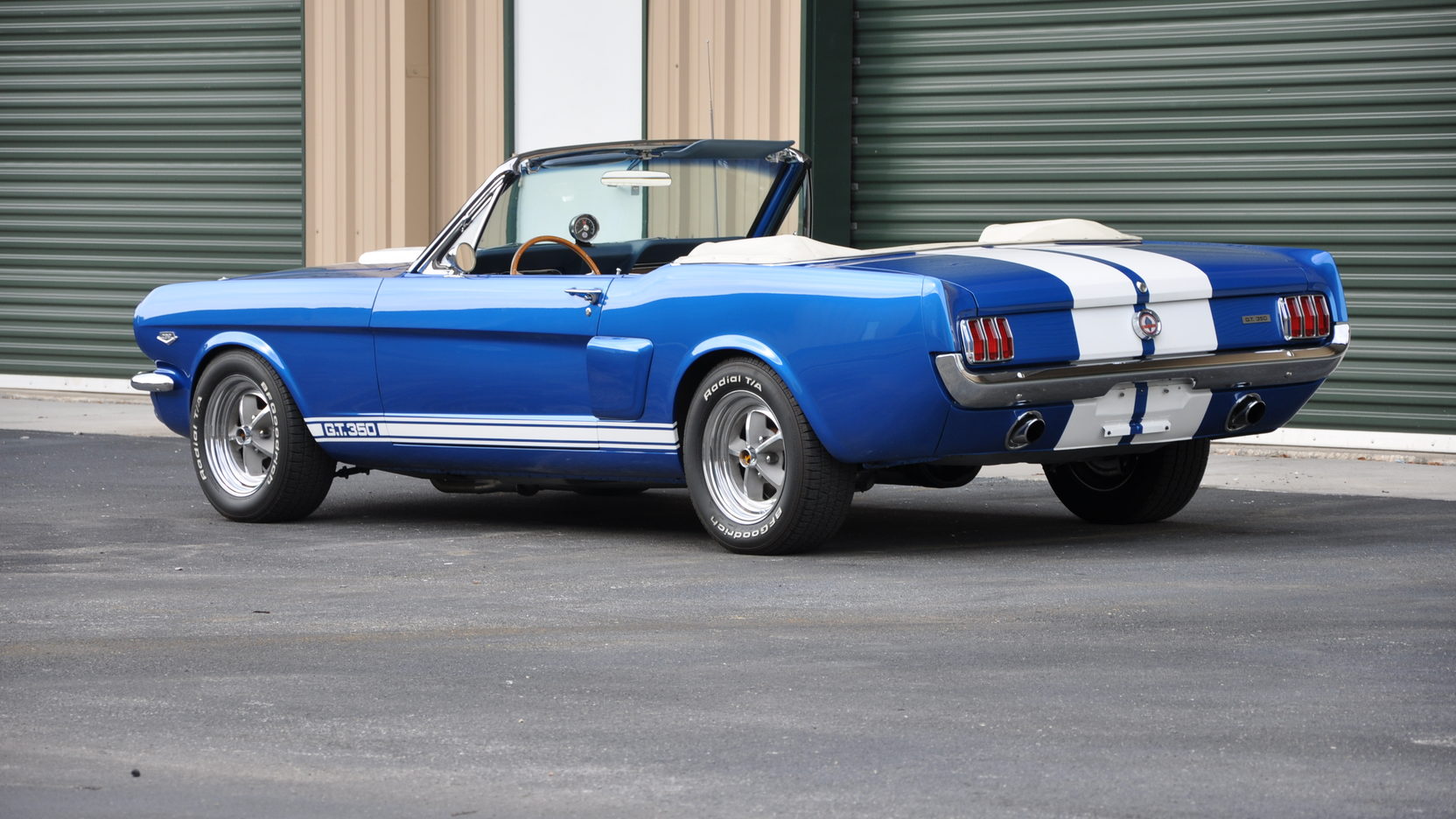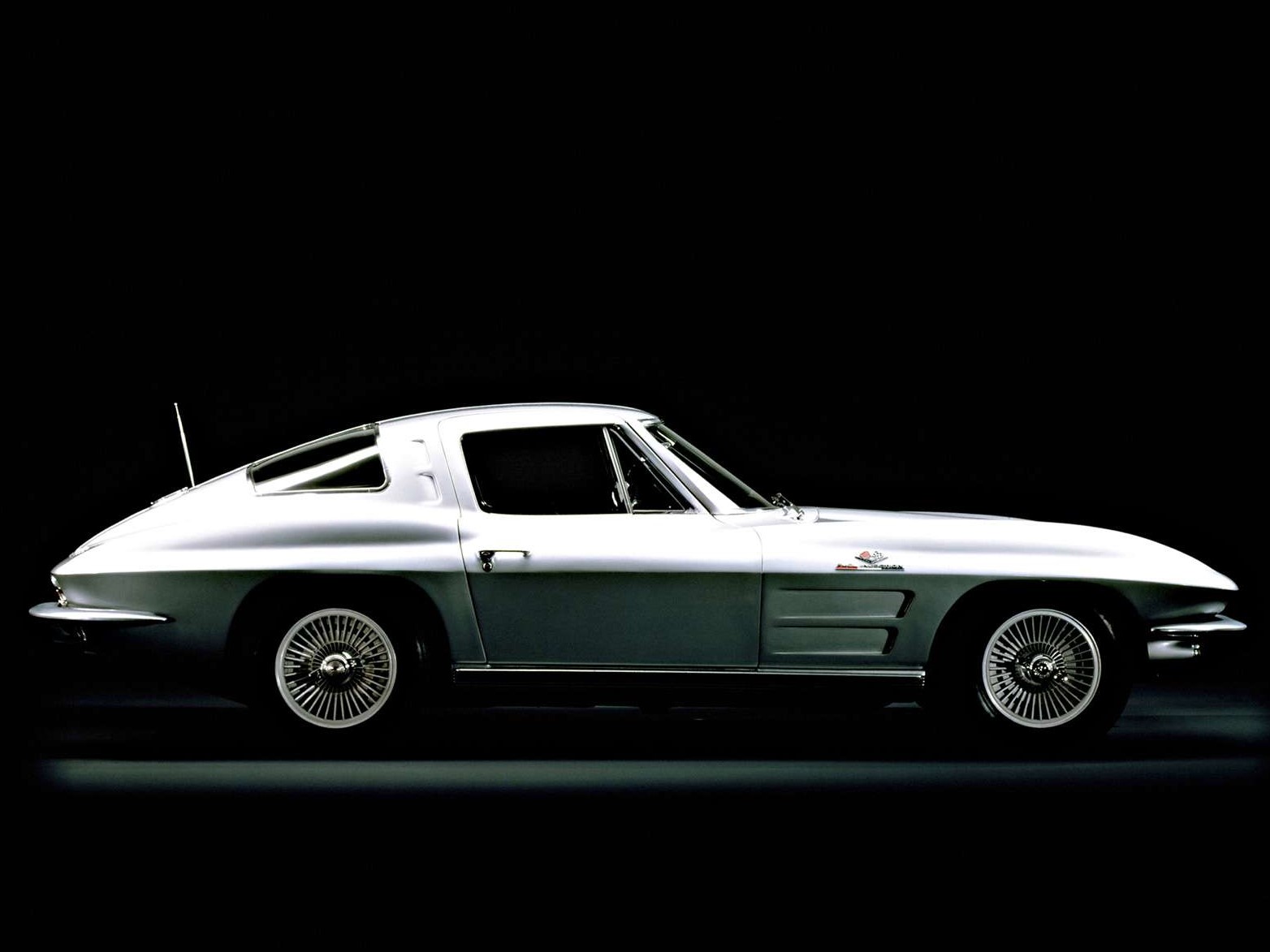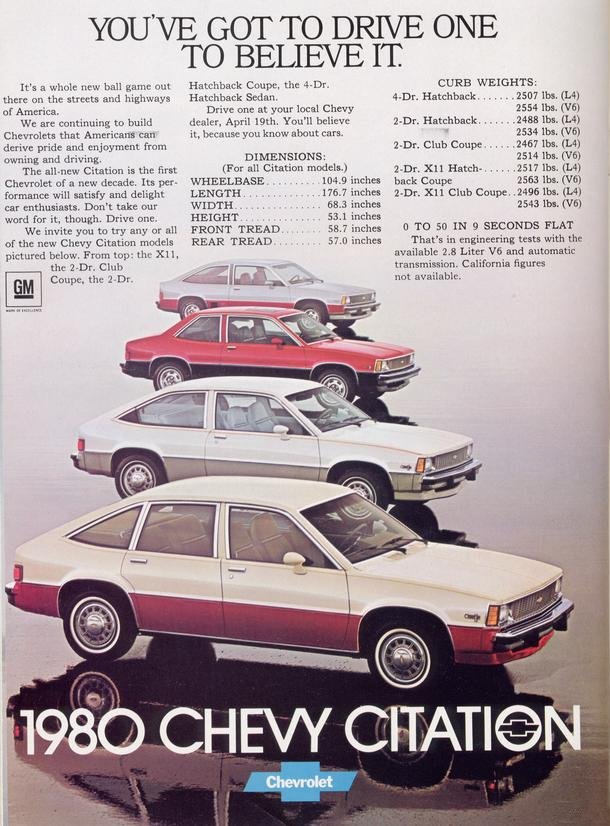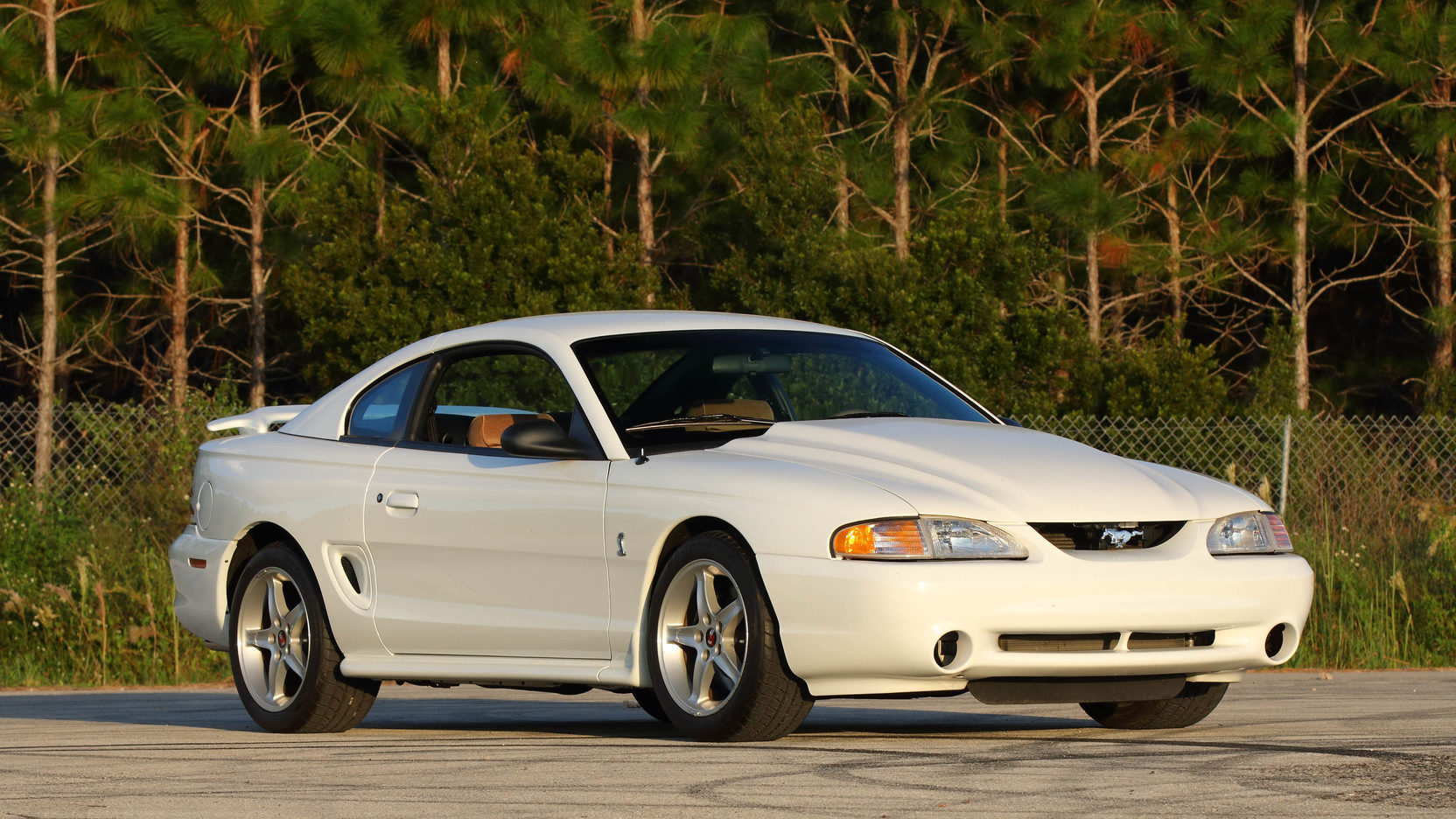What qualifies as rare, and does rarity translate to value?
Among the many overused words in the classic car hobby, “rare” and “unique” are two of the most common. While unique is an easier one to call out when it’s misused—since it literally means one of a kind—the word rare is a little trickier since there is no agreed upon or legal definition in the car world. It means different things to different people, and while rarity does relate to value and collectability somewhat, it’s not always a direct relationship.
In the bigger picture, just about any collector car is rare to a certain extent. That’s what makes it collectible. Even a run-of-the-mill 1990s Mustang, which hardly anybody would call rare, is a lot scarcer than a Corolla. Meanwhile, a 1995 Mustang Cobra R—only 250 built—makes the rest of the Mustangs of the period seem as ubiquitous as an iPhone. Taking it to another level, a 1966 GT350 convertible—with somewhere between four and six built—suddenly makes that ’95 Cobra R seem not so rare after all. Looking at it from yet another direction, a car might have been produced in massive quantities but has a poor survival rate, making it rarer today than other cars that are traditionally considered rare. For example, there were a lot of Chevy Citations built in the 1980s, but when was the last time you saw one? These days, it may very well be a rarer car than a Ferrari Dino, which was built in much smaller numbers but has a high survival rate. With that said, which do you think is worth more?

There has been a recent fascination with the combo of options certain cars have. Given the nature of the American car market in the 1950s–70s, it was possible for a buyer to personalize a new car to a pretty high degree with all kinds of options to choose from. And with documentation available from sources like the Marti Report for Fords or the Govier Report for Mopars, current owners have been able to make the claim that their car is “one of one,” like a Mustang or Torino with a combination of options that no other buyer ordered. But if it’s otherwise just a normal production Mustang or Torino, is it really fair to call it a rare or unique car? The market doesn’t necessarily seem to think so. Having a true “one of one” claim when it comes to options certainly doesn’t hurt and adds a degree of notoriety that may help sell the car, but such cars typically don’t sell above their market- and condition-appropriate values.
What the market really responds to isn’t necessarily rare options and equipment, but desirable options and equipment. For example, Corvettes in the 1960s actually came standard with a three-speed manual, but the vast majority of buyers upgraded to a four-speed or an automatic. Although very rare, three-speed Corvettes are not more valuable. The big add-ons to value come from equipment like power windows, hardtop for convertibles, and more powerful engines that, while not necessarily the rarest bits, make the car more desirable in the eyes of the buyers who are ultimately the ones who decide the price. So while someone may have the only 1969 Mustang with a two-barrel 351, Meadowlark Yellow paint over Parchment interior, wire wheel covers, Stereosonic radio, and heavy duty suspension, it will never be anywhere near the value of a Boss 429. That’s because the Boss is both relatively rare (1358 built) and significant, given its monster of an engine developed for NASCAR racing.


The 2005–06 Ford GT is another one of those cars that makes us question what exactly qualifies as rare or collectible. With just 4000 built, it’s rare in the grand scheme of things, but not exceedingly so. And given the high demand at its launch and its status as a halo car for the entire Ford range, it was treated as a collectible from new by many owners and most of those that come to market have very low mileage. Other than a few hundred miles here and there, there’s nothing to separate any one car from another, other than color and options, and there were only four options to choose from (BBS wheels, paint stripes, McIntosh stereo, and painted brake calipers). Having any or all of those options tends to add to the price, whereas having an unusual combination of those options doesn’t.
A car can be rare but not collectible, while another can be collectible but not necessarily rare. And rare is of course a relative term. Ferrari collectors are going to have a different concept of what is rare than a Corvette fan, and there are, of course, varying degrees of rarity in the big, wide world of Corvettes.
As is so often the case in such a large and diverse hobby as this one, the big questions don’t have a simple or straightforward answer. What qualifies as a rare car? Well, it depends.






I agree that there are both “hard” and “soft” definitions of rarity, and their respective (and variable) impact on desirability/value. Here are some examples. Soft: Leprosy is relatively rare in the western human population, yet nobody is craving for a dose. Hard:DeSoto turned out only 97 units of its 1959 Adventurer convertible, making it extremely (and literally) rare, thus highly desirable/valuable.
Watched Jay Leno’s description of his 1968 pontiac sprint.
I bought one new in 1968 Verdero green 6 with a 4 barrel quadra jet dual exhaust overhead cam. Sweet car. Wish I’d never sold it. 215 hp Best handling car I think Pontiac ever built. weight ratio front to rear was perfect. My college friend whose dad was the dealer I bought it from had driven it on the proving ground. said it was the best he’d ever driven. Another friend with a mustang wanted to drag. My Sprint ate him for lunch.